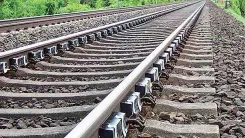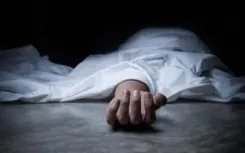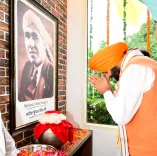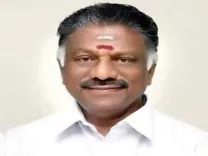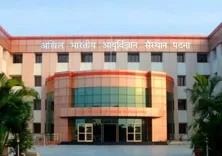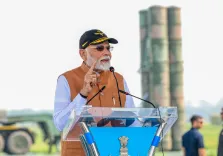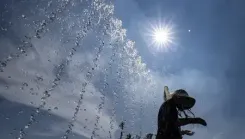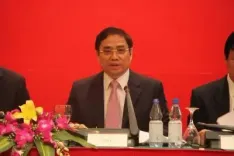Is Kashmiri Youth Truly No Longer Radicalised?
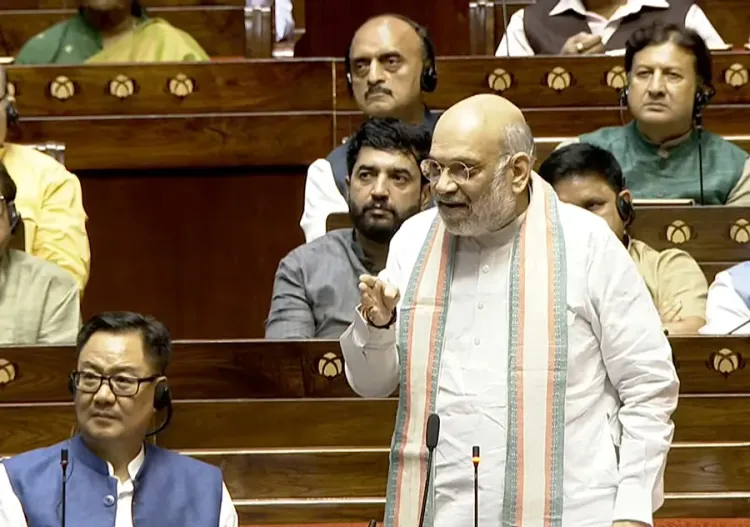
Synopsis
Key Takeaways
- Drastic decline in stone-pelting incidents.
- Significant reduction in civilian and security personnel casualties.
- Over 34,000 elected representatives now serve in Jammu and Kashmir.
- Major infrastructure projects are transforming the region.
- No local recruitment into terrorist organizations in recent months.
New Delhi, July 30 (NationPress) Home Minister Amit Shah made a significant announcement in the Rajya Sabha, asserting that terrorism in Kashmir is “on the brink of being eradicated” and attributed this change to the visionary leadership of Prime Minister Narendra Modi, which has initiated a historic shift in the region.
Quoting statistics, he emphasized that the long-standing “ecosystem of terrorism” has been dismantled. He noted, “In 2010, there were 2,564 incidents of organized stone-pelting, a frequent occurrence. Today, there are none. Since 2024, not a single stone-pelting incident has been recorded.”
He pointed out that Jamaat-e-Islami had significantly contributed to fostering animosity among Kashmiri youth by manipulating the education system. Furthermore, he stated that central agencies like the National Investigation Agency (NIA) and the Enforcement Directorate (ED) have “thoroughly dismantled the terror financing networks” that supported these groups.
The Home Minister highlighted that organized hartals, which were previously orchestrated from across the border with backing from Hurriyat leadership, had been a means of disruption. He remarked, “There were once 132 days of shutdown in a year. In the past three years, we have not seen a single hartal.”
Shah underscored the significant reduction in casualties among both civilians and security personnel: “Previously, over 6,000 security personnel were injured annually, and more than 112 civilians lost their lives. Now, it is zero.”
He added that from 2004 to 2014, there were 7,217 terror incidents, which dramatically decreased to 2,150 between 2015 and 2025. Civilian deaths fell from 1,717 to 357, while casualties among security forces halved from 1,060 to 542.
Shah criticized the Congress and regional parties, such as the National Conference and PDP, claiming “Their entrenched power dynamics held democracy captive.” He noted that there were previously no tehsil or panchayat elections, but now over 34,000 elected representatives are serving in Jammu and Kashmir.
He also highlighted various development achievements, including the construction of the world’s highest Chenab Bridge, the Udhampur-Baramulla railway line, and vital infrastructure projects like the Zojila and Banihal tunnels. “Institutions like IIT, IIM, and AIIMS are now realities in Jammu and Kashmir,” he expressed.
Shah shared his journey of understanding the Valley’s challenges since becoming BJP president in 2015. “After taking on this role, I engaged with retired General Sinha and spent three days at his residence, where I gained insights into Kashmir's complexities and met with over 25 stakeholders to comprehend the origins of unrest.”
He further asserted that the “ghost of unrest” has vanished from the Valley, stating, “In the past six months, there has been no local recruitment into terrorist outfits. All remaining terrorists are foreign, primarily from Pakistan.”

